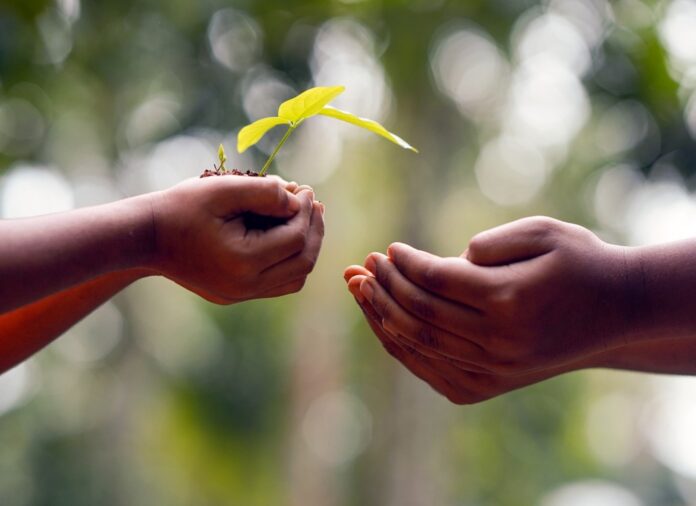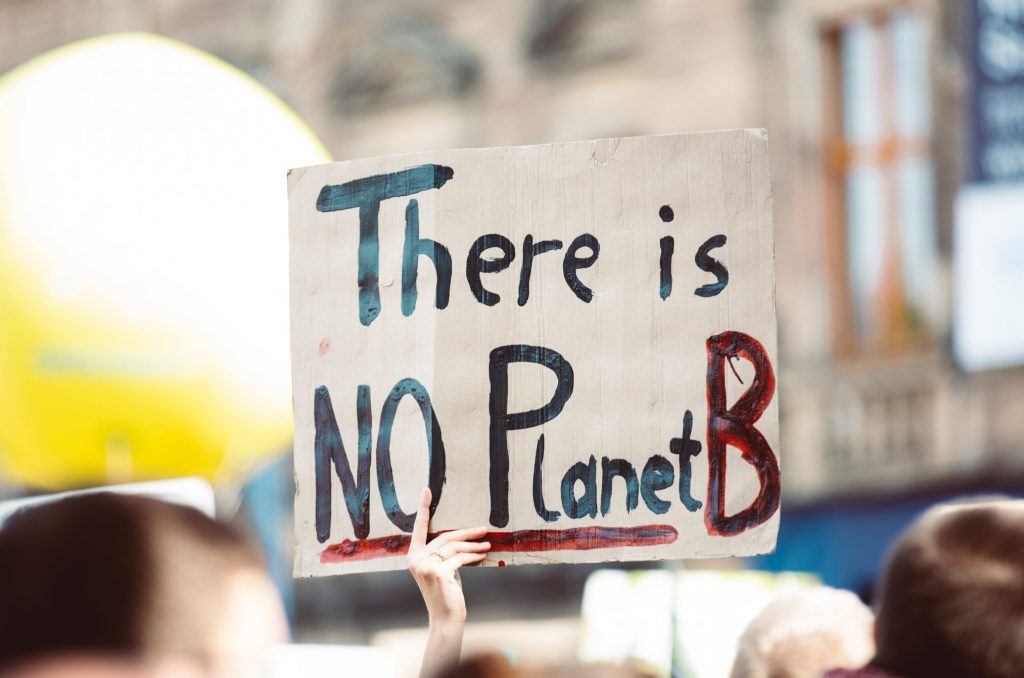Only people who refuse to open their eyes and mind to what is happening in the world do not care about preserving the environment. Experts and scientists have been speaking out a lot on this matter lately, and they have given us enough reasons to protect our nature.
But as it turns out, it is easier said than done. We all understand that it is one of the most important things for us as a species now. However, some people still do not know how to protect our nature, while others believe that the actions of just one person cannot cure the damage done by many, and that is the biggest misconception.
It is challenging, if not impossible, for an ordinary person living in a metropolis to become super eco-friendly in a day. Nevertheless, there are simple things that everyone can do right here and now to gradually lessen their negative impact on the planet and serve as an example for everybody else.
1. Reduce Paper Use
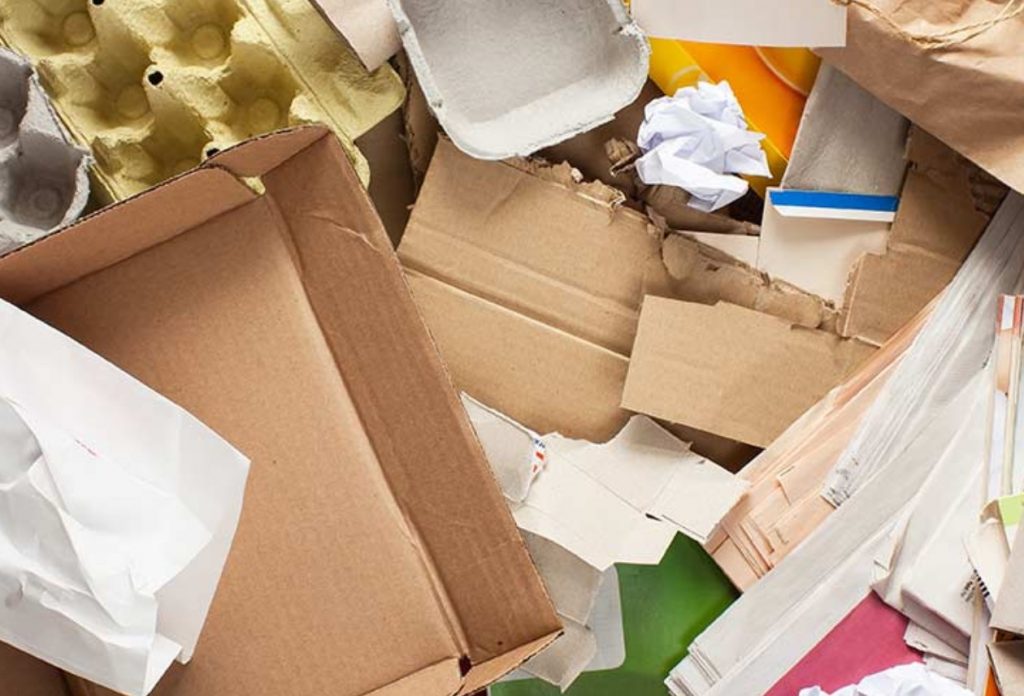
Instead of filling out documents on printed forms, use modern software and databases of legal forms. Services like FormsPal allow you to fill out documents online and submit them without printing. Plus, it will save you a lot of time as the website contains almost all up-to-date legal templates that you may need. There is no need to waste time searching the Internet for a suitable document.
Each of us has tools that we can use instead of writing on paper. Take notes on your laptop and smartphone. It is not only more environmentally friendly than a regular notebook but also much more convenient. All your records are synchronized, and you always have access to them.
Other ways of going paperless:
- Read e-books and newspapers online;
- Do not print electronic tickets for concerts, trains, planes, etc.;
- When using paper, use both sides of the sheet.
2. Save Water
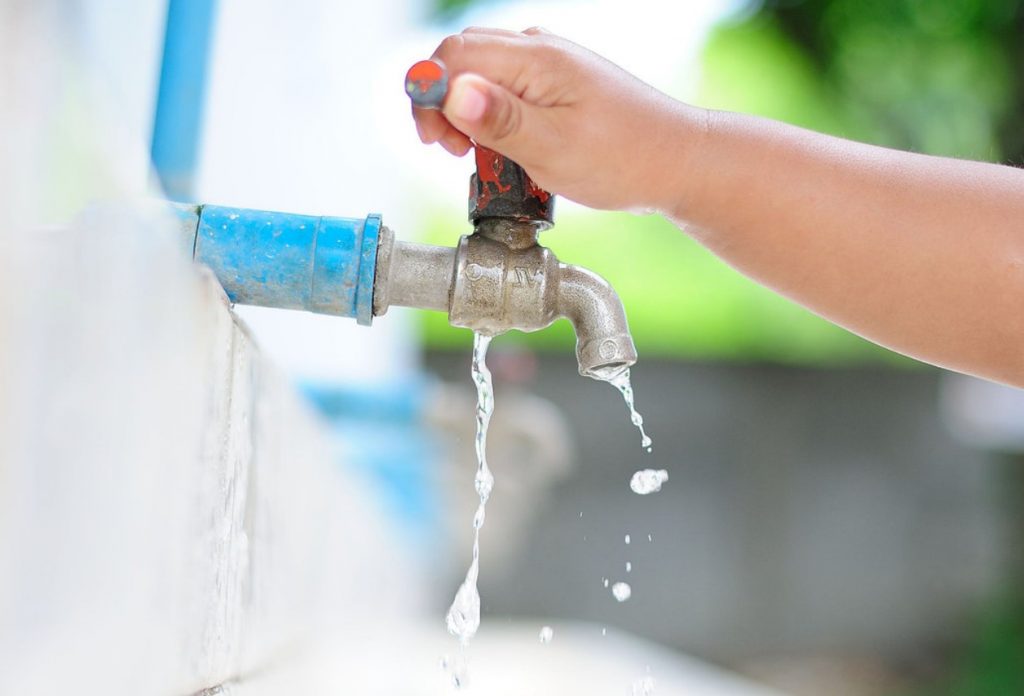
There are several easy ways to conserve water. And you do not need to give up the shower time; there are less painful ways:
- Wash the dishes in the dishwasher, not by hand;
- Turn off the tap while brushing your teeth;
- Use a professional wash for your car, not hand wash;
- If you are growing plants in your garden, choose the ones that require less water.
Besides, if you are really committed, you can shorten your shower time by at least two minutes. You will not even notice it, but this way, you can save up to 10 gallons of water at a time. The number will be more impressive if all family members do this.
3. Use Reusable Bags
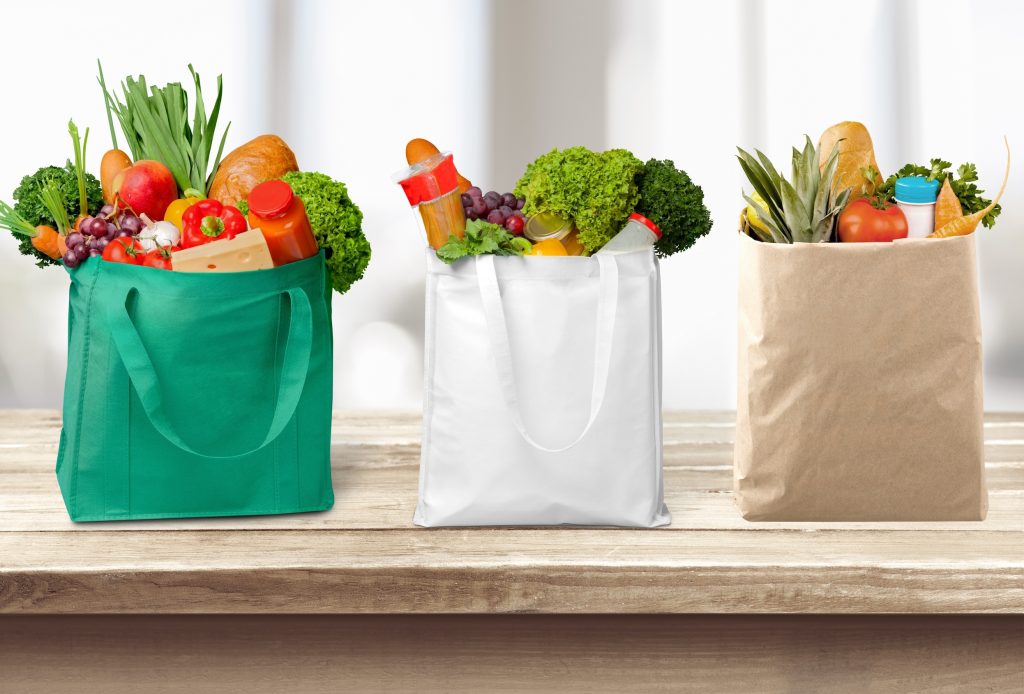
In some countries and states, the use of plastic bags is already banned. And that is great news! Plastic is massive damage to nature as it is right now. Animals get tangled up in them and then die. Tiny plastic particles have even been found in the placenta of unborn babies, which should make everyone reflect on the dangers it might pose to the development of future generations. Happily many of the people are trying to resolve this problem by using some materials which are not having bad effect on environment. One of those material is bamboo which is Eco friendly. There is plenty of the alternatives made by it and you can check them if you visit Ecoy.
We have many alternatives to replace disposable bags with reusable bags. Many shops and designers produce adorable canvas bags that look stylish and nice. Put a couple of reusable bags in the car to use whenever you want. If you have to use a plastic bag, do not rush to throw it away after use. You will indeed find a way to use it at home or the next time you go to the grocery store.
The NYS Department of Health has an excellent article on how to use reusable grocery bags properly.
4. Save Energy
This measure will be useful not only for the environment but also for your wallet. The easiest ways to save energy:
- Turn off the light when you leave the room and go out of the house;
- Use energy-efficient light bulbs;
- Clean and replace air filters in time, as clogged filters require more energy to operate;
- Use motion sensors for light in places where the light is on almost continuously.
5. Shop Locally
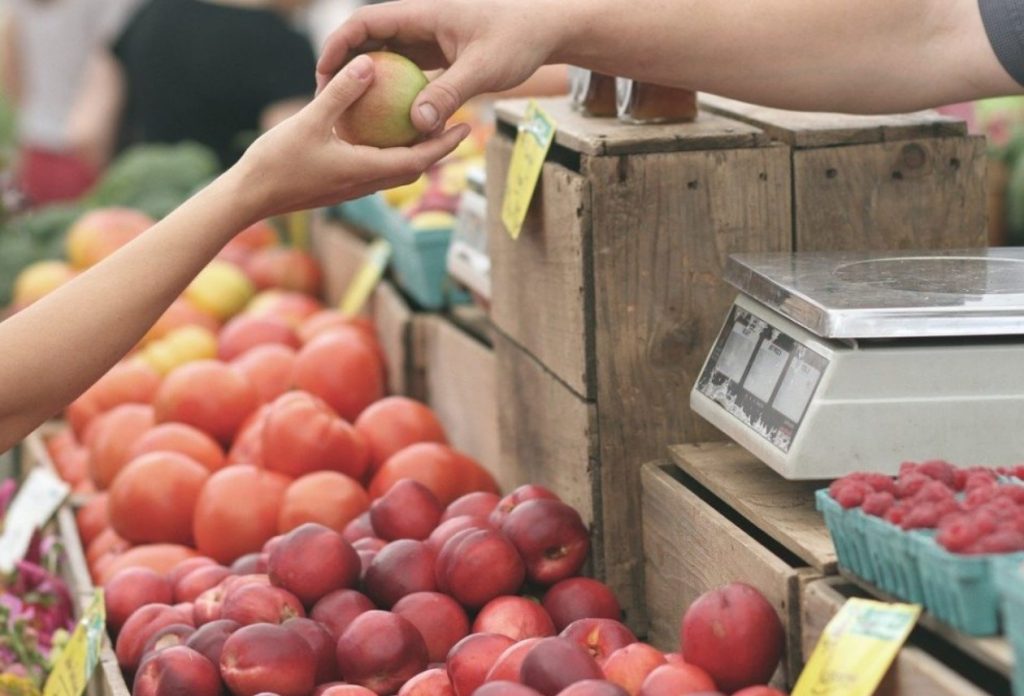
Find markets and local organic shops nearby. Buying from local farmers will not only support your community but also reduce your carbon footprint. Local seasonal products are much healthier than those brought from far away. Also, pesticides harmful to the body are often used to preserve them.
6. Recycle
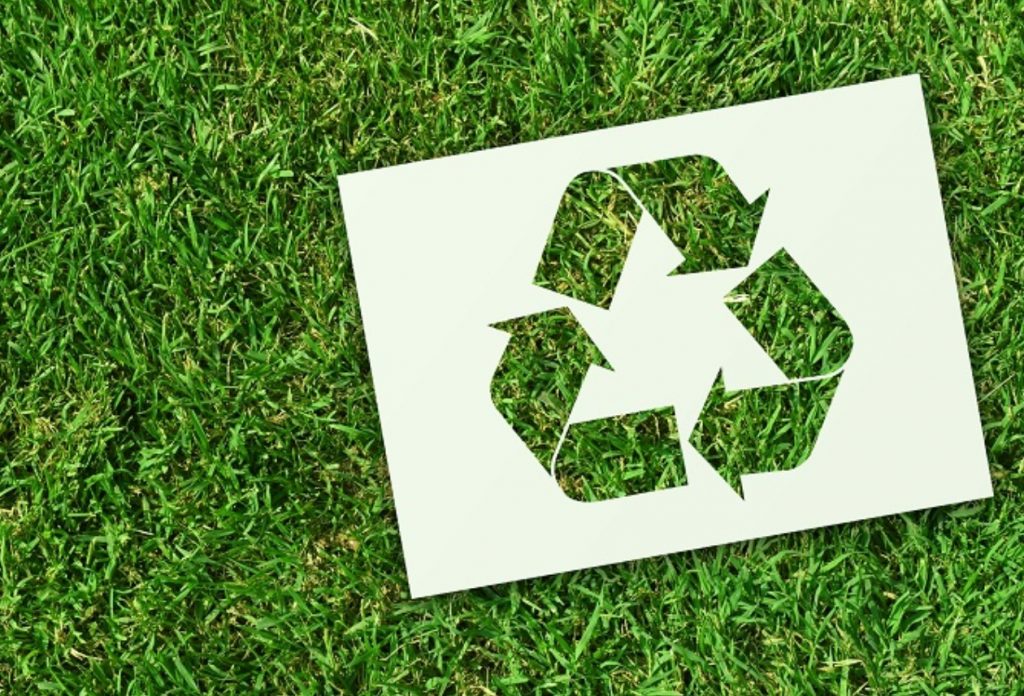
The ideal option is to reduce your waste completely, but we understand that it may be challenging at times. It is excellent if you can recycle all the remaining trash.
Pay attention to the labels on the packages so you know what you can recycle. Sort the garbage separately right away, and believe me, you will very soon make it a habit. It is not as difficult as it sounds.
Many waste disposal companies offer recycling services. Contact them, and they will tell and show you everything in detail.
7. Use Public Transport or Bike
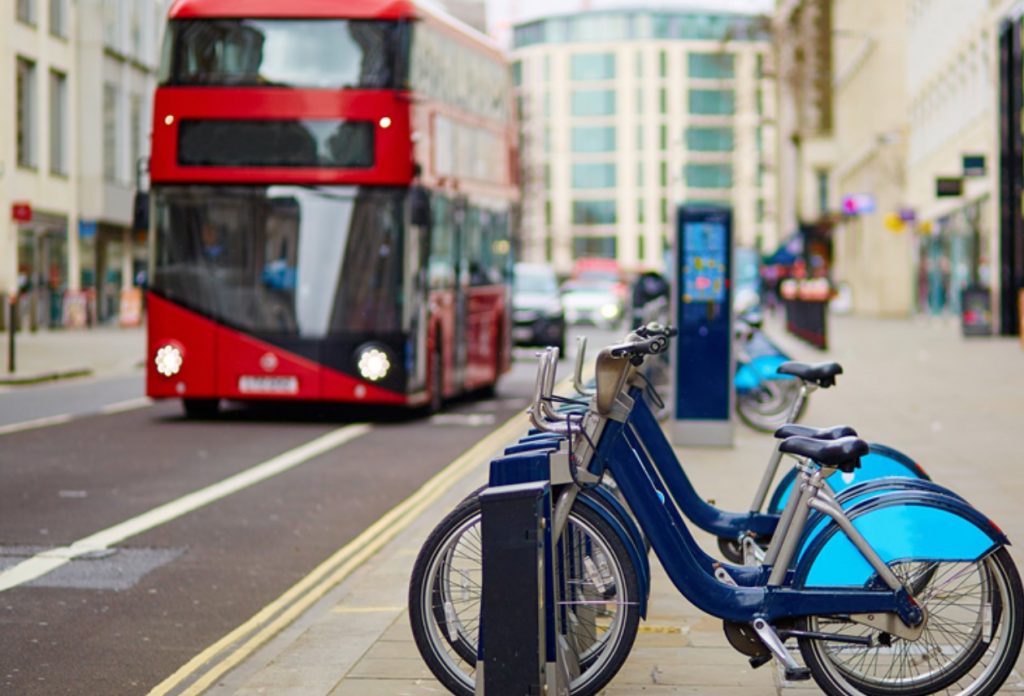
Reduce your fuel consumption as much as possible. If the weather and physical condition allow it, walk or cycle to the destination. You will also do a favor to your body.
If the distance is too long, use public transport or arrange for your friends to drive together. If the use of a private car is necessary, you should consider buying an electric vehicle.
8. Start Your Own Garden
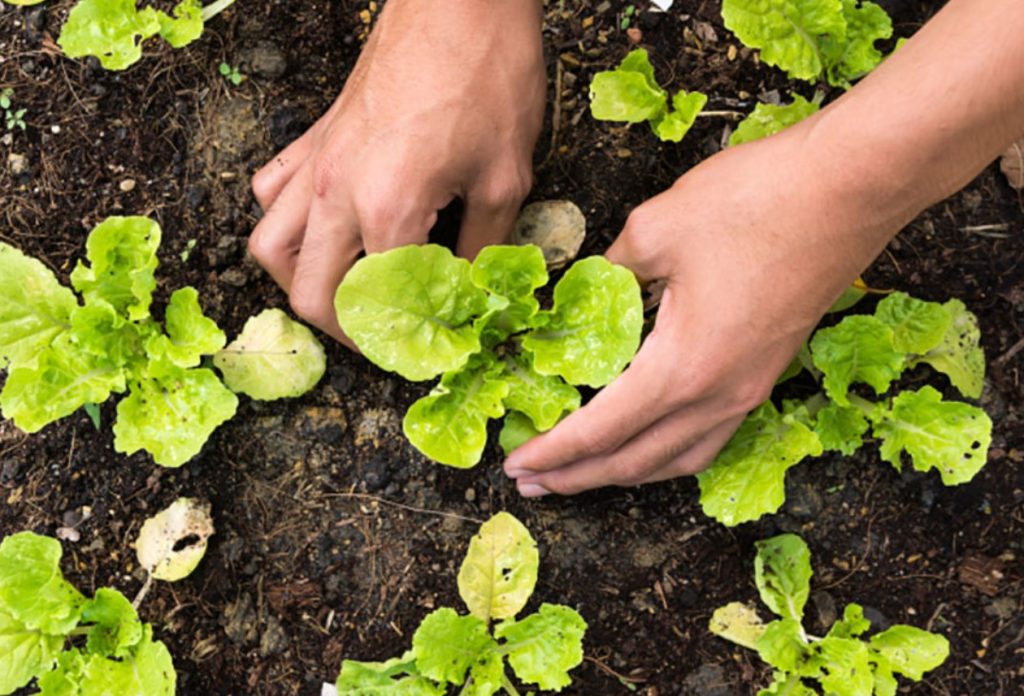
Even if you live in an apartment, you can set up a small garden to have your basil or salad for dinner.
If you live in your own home, then gardening would be a nice green hobby to have. Use as few herbicides and pesticides for your fruit and vegetables as possible. These substances kill insects, which might sound like a great idea at first, but the butterflies, beetles, bees, and other pollinators actually preserve life on the planet.
Gardening has a beneficial effect on humans:
- A stock of own fresh vegetables;
- Physical activity in the fresh air;
- Interacting with plants has a good effect on our mental health.
We suggest you try it; even if it is a couple of pots on the windowsill, they can cheer you up.
9. Use Fewer Disposable Items
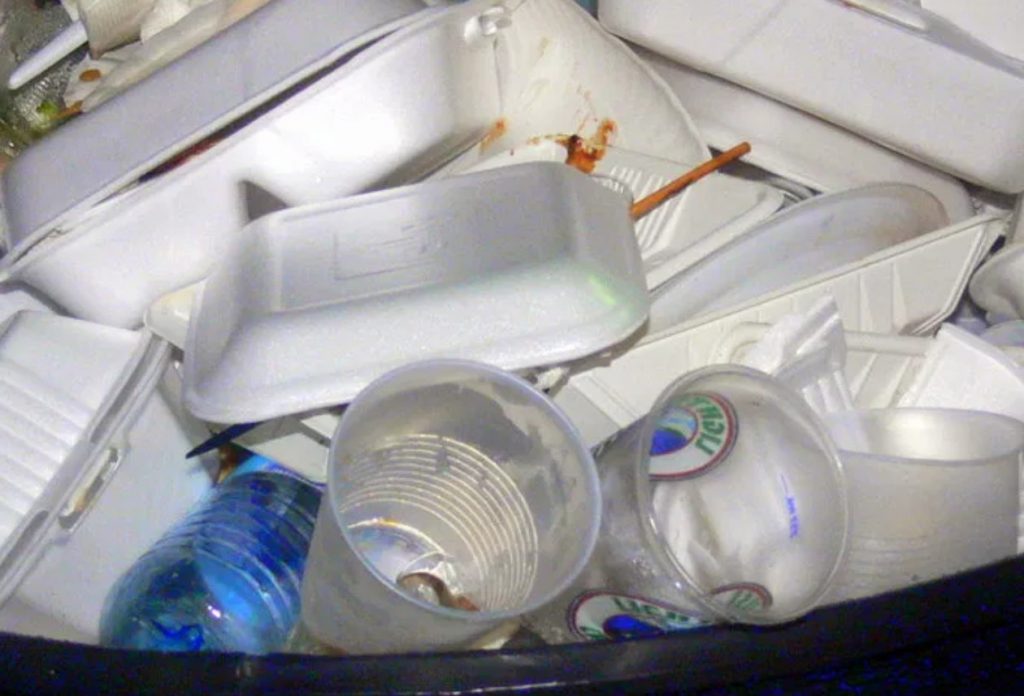
Everything used only once has a terrible effect on the environment. Replace all disposable items in daily routine with reusable items. It is high time we forget about disposables, including:
- Straws for drinks
- Shoe covers
- Cotton pads
- Packages
- Paper towels
- Utensils
There are reusable alternatives that should be used instead.
10. Make Shopping Lists

How many times have you bought unnecessary products in a fit of hunger and then just throw it all away? There is no worse example of the global consumption industry than food waste.
Try to think through your menu for the week in advance and make a list of what you need. You will be able to avoid unnecessary purchases, which then end up in your trash. Check the expiration date of the product when purchasing. For instance, if you are having guests over on the weekend, do not grab products that will go bad this Tuesday.
Buying in large packages at once can help reduce the amount of that package. But only on the condition that you have time to consume the product before its shelf life ends.
To Sum Up
Do not try to integrate all the steps and strategies in your lifestyle at once. It is impossible to eradicate habits that have been formed over the years fast. Try to introduce at least 2-3 green practices gradually, and you will notice the changes. Remember that even a small action is better than nothing.
We believe that we can take care of the environment together, and we hope that our guide will help you spend less paper on your daily routines and paperwork.

